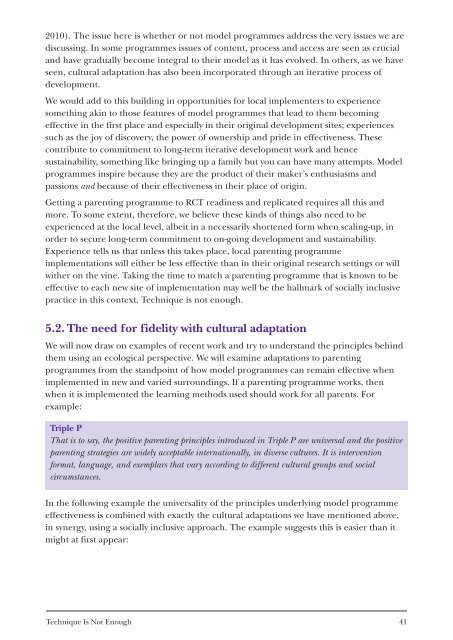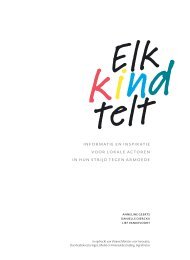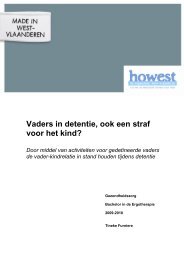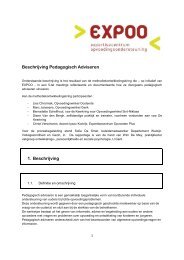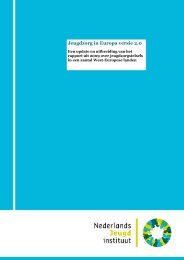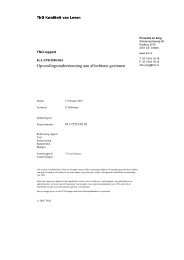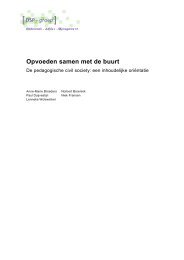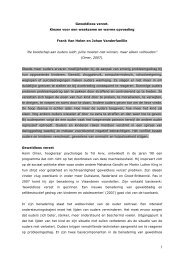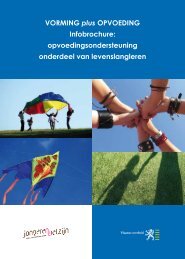Technique Is Not Enough (TINE) - British Psychological Society
Technique Is Not Enough (TINE) - British Psychological Society
Technique Is Not Enough (TINE) - British Psychological Society
- No tags were found...
Create successful ePaper yourself
Turn your PDF publications into a flip-book with our unique Google optimized e-Paper software.
2010). The issue here is whether or not model programmes address the very issues we arediscussing. In some programmes issues of content, process and access are seen as crucialand have gradually become integral to their model as it has evolved. In others, as we haveseen, cultural adaptation has also been incorporated through an iterative process ofdevelopment.We would add to this building in opportunities for local implementers to experiencesomething akin to those features of model programmes that lead to them becomingeffective in the first place and especially in their original development sites; experiencessuch as the joy of discovery, the power of ownership and pride in effectiveness. Thesecontribute to commitment to long-term iterative development work and hencesustainability, something like bringing up a family but you can have many attempts. Modelprogrammes inspire because they are the product of their maker’s enthusiasms andpassions and because of their effectiveness in their place of origin.Getting a parenting programme to RCT readiness and replicated requires all this andmore. To some extent, therefore, we believe these kinds of things also need to beexperienced at the local level, albeit in a necessarily shortened form when scaling-up, inorder to secure long-term commitment to on-going development and sustainability.Experience tells us that unless this takes place, local parenting programmeimplementations will either be less effective than in their original research settings or willwither on the vine. Taking the time to match a parenting programme that is known to beeffective to each new site of implementation may well be the hallmark of socially inclusivepractice in this context. <strong>Technique</strong> is not enough.5.2. The need for fidelity with cultural adaptationWe will now draw on examples of recent work and try to understand the principles behindthem using an ecological perspective. We will examine adaptations to parentingprogrammes from the standpoint of how model programmes can remain effective whenimplemented in new and varied surroundings. If a parenting programme works, thenwhen it is implemented the learning methods used should work for all parents. Forexample:Triple PThat is to say, the positive parenting principles introduced in Triple P are universal and the positiveparenting strategies are widely acceptable internationally, in diverse cultures. It is interventionformat, language, and exemplars that vary according to different cultural groups and socialcircumstances.In the following example the universality of the principles underlying model programmeeffectiveness is combined with exactly the cultural adaptations we have mentioned above,in synergy, using a socially inclusive approach. The example suggests this is easier than itmight at first appear:<strong>Technique</strong> <strong>Is</strong> <strong>Not</strong> <strong>Enough</strong> 41


